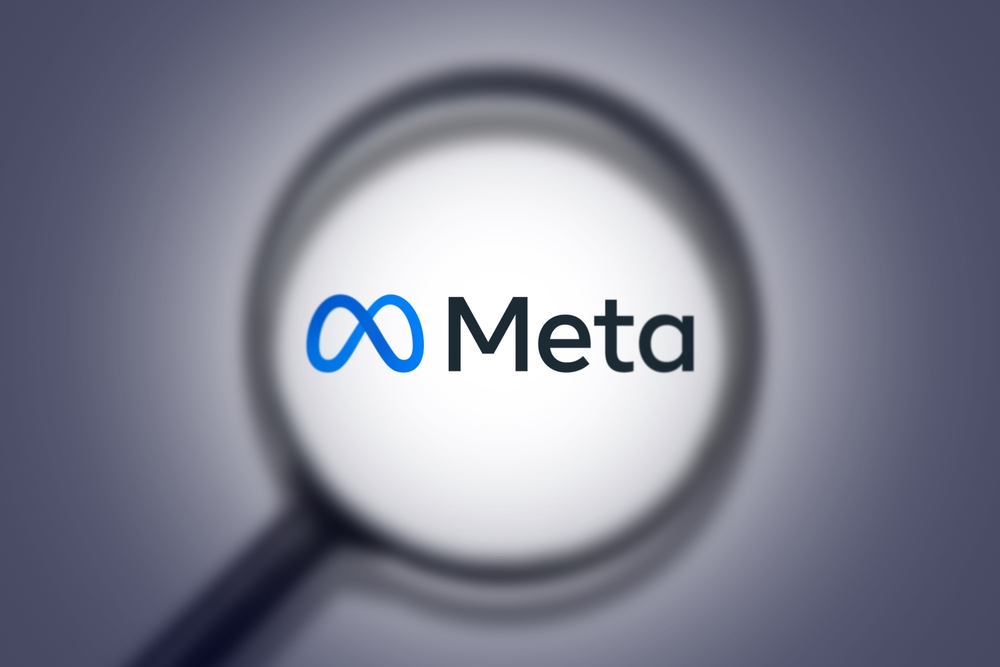
Meta’s ad business continues to prove resilient in the face of macroeconomic and political turbulence, but regulatory headwinds in the U.S. and Europe may soon test that momentum.
In Q1 2025, Meta Platforms reported a 16% year-over-year revenue increase, totaling $42.31 billion — beating Wall Street expectations. The company forecasts Q2 revenue between $42.5 and $45.5 billion, signaling confidence amid what CFO Susan Li called a “dynamic macro environment.”
Advertising remains Meta’s growth engine, with ad impressions across Facebook, Instagram, and other platforms rising 5%, and average price-per-ad increasing 10%. Daily active people (DAP) climbed to 3.43 billion in March, up 6% year-over-year.
Despite recent trade friction causing some Asia-based e-commerce players to cut U.S. ad spend, online commerce still led all sectors in driving Meta’s advertising revenue, with Asia-Pacific remaining a key region for impression growth. Notably, Threads — now open to advertisers in 30+ markets — is not expected to materially impact revenue this year.
Meta’s latest AI-powered tools are helping to boost performance and advertiser satisfaction. The Generative Ads Recommendation Model introduced in Q1 improved Reels ad conversions by up to 5%. Meta also expanded its Advantage+ suite, adding incremental attribution tools that delivered a 46% average lift in conversions during testing.
“Our goal is to let businesses tell us their objective and budget — then we handle the rest,” said CEO Mark Zuckerberg. He emphasized Meta’s evolving vision of ads as AI-powered agents that autonomously deliver measurable business results.
Still, Meta’s strong earnings came with serious warnings. The European Commission recently ruled that Meta’s ad-free subscription model violates the Digital Markets Act — a blow that could significantly hurt EU revenue starting in Q3. The company plans to appeal but acknowledged it may need to alter its user experience to comply.
In the U.S., antitrust lawsuits threaten to break up Meta’s app ecosystem, potentially separating Facebook, Instagram, and WhatsApp. Analysts also speculate that Meta might shutter underperforming metaverse projects to double down on its AI portfolio, including Meta AI, Llama, and smart glasses.
Read the full report here: Meta’s ad biz stays strong, but economic, regulatory uncertainty looms

 Get in Touch
Get in Touch 


